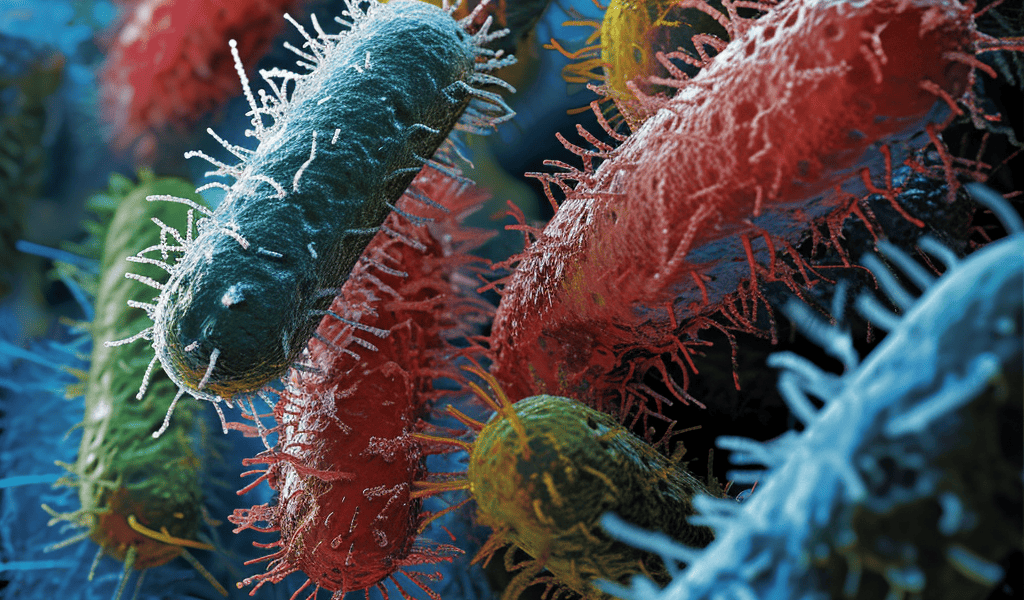Contingency, repeatability, and predictability in the evolution of a prokaryotic pangenome
By Alan Beavan, Maria Rosa Domingo-Sananes, and James O. McInerney
The evolution of prokaryotic pangenomes continues to intrigue scientists as they uncover the remarkable variability within these species. A recent research study delved into the dynamics of the Escherichia coli pangenome, shedding light on the processes of gene acquisition, loss, and maintenance.
The study, led by Alan Beavan, Maria Rosa Domingo-Sananes, and James O. McInerney, examined the variability in gene content among different strains of the same prokaryotic species. The researchers aimed to determine whether this variation is a result of genetic drift or selection.
Using machine learning, the team predicted the presence of variable genes in a large set of Escherichia coli strains, employing other variable genes as predictors. The findings revealed a significant proportion of genes that are predictable, indicating the influence of selection in their acquisition, loss, and maintenance.
Furthermore, the study identified consistent associations between the presence or absence of certain genes, suggesting deterministic gene–gene co-occurrence and avoidance relationships over long-term bacterial evolution. The research highlights the role of selection in shaping the evolutionary dynamics of prokaryotic genomes and provides insights into the maintenance of gene variability.
The study’s findings contribute to a deeper understanding of the evolutionary trajectories within prokaryotic pangenomes. By leveraging machine learning to analyze patterns of gene presence and absence, the research offers valuable insights into the processes driving the remarkable variability observed across prokaryotic species.





